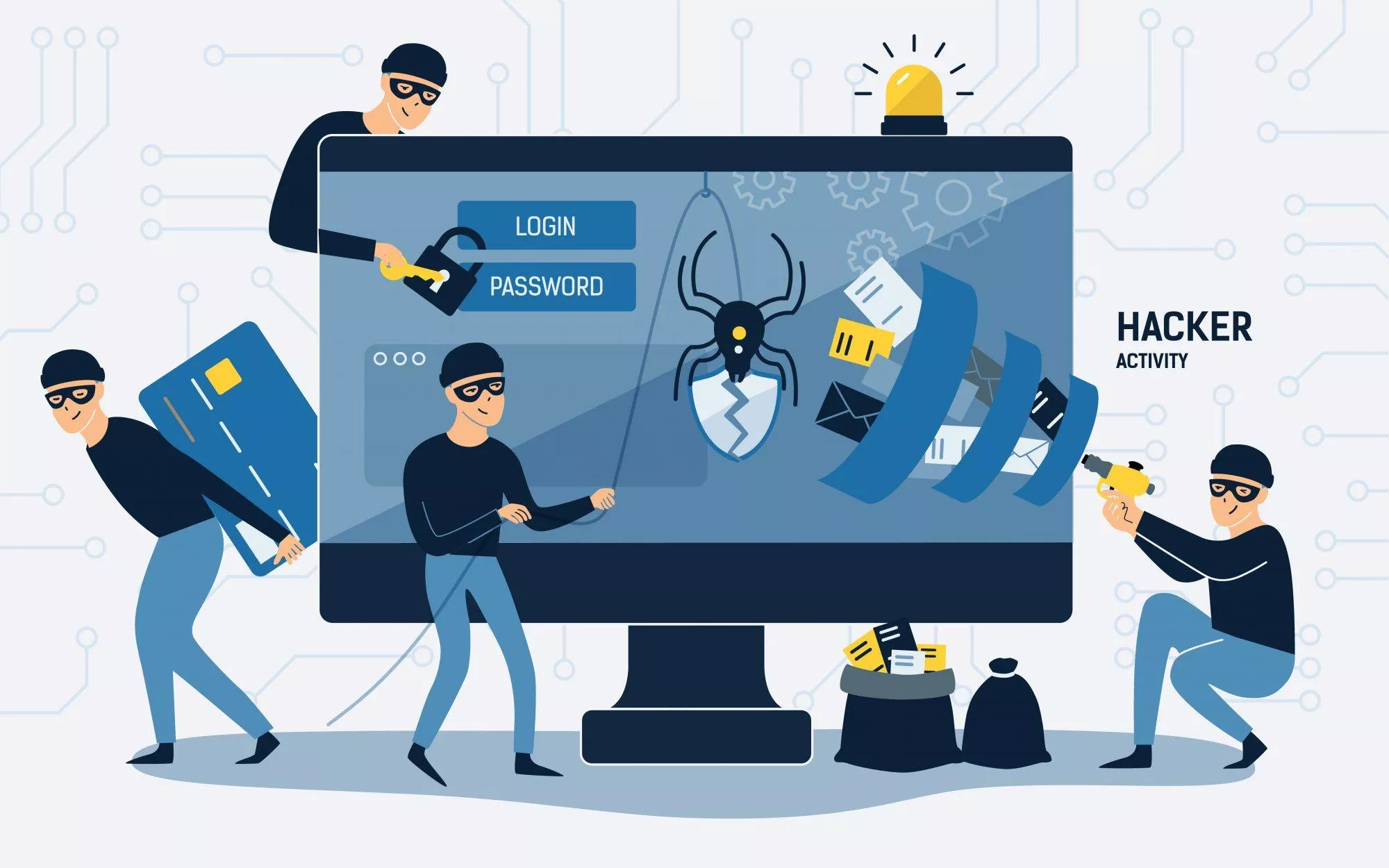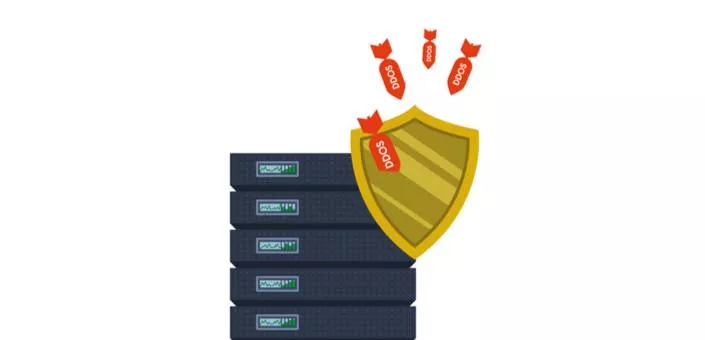
What is a hacker?
When we think of hackers, the thought that usually comes to mind is the bored teenager that tries to take down a bank to have a laugh or the cunning cybercriminal that is lying in wait, somewhere on the internet, ready to infiltrate our computer. In our recent series on the importance of Online Privacy, we also wrote a great deal on the danger that hackers can pose and what kind of methods they can use to access your data. But the stereotypes we mentioned above don’t provide an accurate picture of what hackers truly are. We’ll go into this topic in more detail down below, explain what kind of hackers there are and how you can become a hacker.
Wat is a hacker?
A hacker is defined as someone that has developed a high level of skill in solving computer issues, but it usually refers to someone that uses their technical expertise to gain access to computer systems that they have no right to. The term ‘hacker’ arose during the 1960s and was originally used to signify someone that could make code run more efficiently by removing excess code from software. ‘Hacker’ is a term that has had both positive and negative connotations for many years. A hacker is sometimes perceived to be a criminal that tries to break into anything digitally by definition, but it’s also a word that carries a certain amount of respect with it: a hacker is a person that is considered to have a certain amount of skill and competence. We can see how these two differing perspectives are reflected in the way that we use these words. Being a hacker is not always considered a negative thing, but it is usually seen as controversial, at least. A life-hack, on the other hand, is nothing more than a cleverer way of doing something. It essentially implies to be a method that gets around the regular systems, just like how a hacker infiltrates digital systems and gains access to classified information.
The different types of hackers
The defining aspect of a hacker then seems to be infiltrating (computer) systems, but that does not necessarily make it malicious. This is why we make a distinction between three different types of hackers. These types are often informally referred to as black hats, white hats and grey hats.
Black Hats: A black hat is a malicious hacker. These are the type of hackers that attempt to gain access to computer systems without authorization, try to steal data, commit identity fraud, take down websites using DDOS-attacks and carry out other harmful actions. These can be criminals, using their skills for their own gain, but black hat hackers also often do this for fun, to test their limits or to gain notoriety.
White Hats: White hat hackers try to use their hacking-skills in a more positive manner. They are also referred to as ‘ethical hackers’ and are often hired by companies or organizations to test their cybersecurity (this is usually done through so-called penetration tests) and subsequently improve it. Because of this, potential weak spots in their cybersecurity can be tracked down before a potential criminal finds them first and wreaks havoc.
Grey Hats: Finally, there are the grey hat hackers, that are somewhere between the black hats and white hats. Grey hat hackers are not really ethical hackers and are usually not hired to help improve cybersecurity. They usually try to break into certain computer systems without authorization, out of curiosity, but they do not have bad intentions and don’t cause the kind of damage that a black hat hacker does. Grey hat hackers may let their target know where the weak spots are and sometimes even offer to solve these problems for them.
How do you become a hacker?
Hacking is a skill that, for the most part, must be practiced and hackers share a lot of information with each other online. You can’t take a university course to become an ethical hacker, but you can try to specialize in IT, by studying computer sciences, for example. You’re also required to obtain a CEH-certificate to be allowed to work as an ethical hacker. An ethical hacker is often employed as an IT Security Consultant by IT-consultancy companies. Their work predominantly consists of checking the systems of other companies and organizations for weaknesses, carrying out penetration tests, finding weaknesses, providing recommendations to fix the issues and carrying them out. They sometimes train internal staff for this purpose as well.
As you can see, a hacker is not simply a cybercriminal. Hacking is a skill that can be used for many positive ends. Still, it is certainly true that the internet isn’t always a safe place to be. Protecting yourself from hackers that do have bad intentions is extremely important. A VPN-service is an important tool to this end and GOOSE VPN is a solid choice.




















